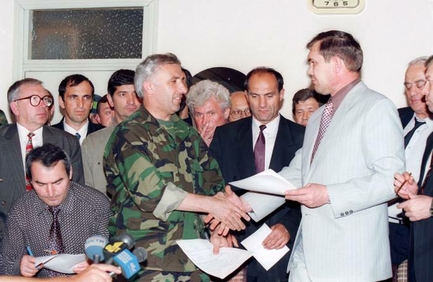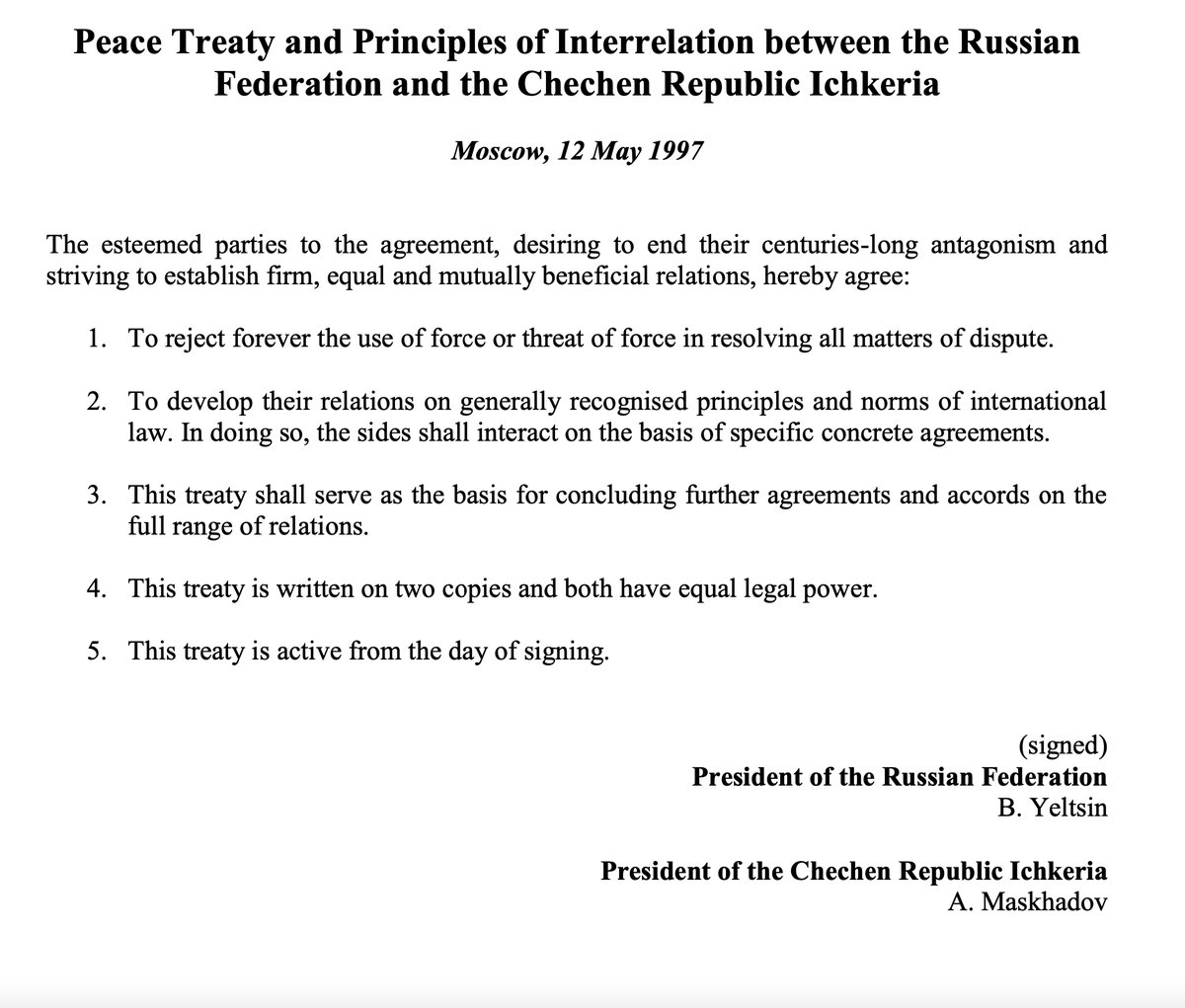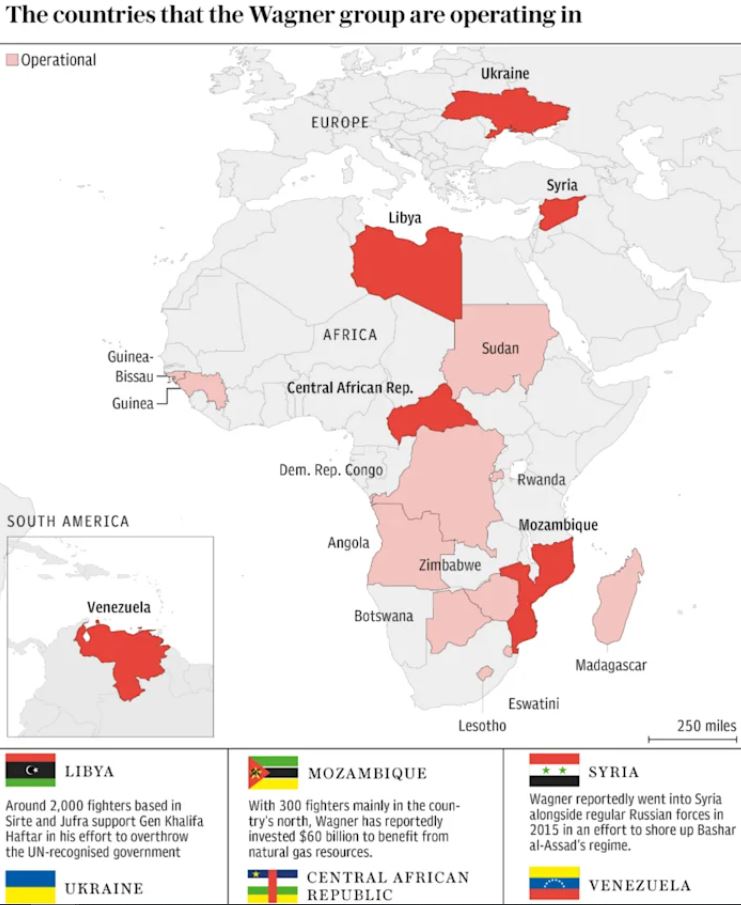
Great question. Dumb, but that makes it only better. Short answer: in the recent decades manufacturing digitalised. In 1991 90% machine tools were conventional (mechanical basically). Now most are computer controlled and very software dependent, especially for precision machining
https://twitter.com/ehryk42/status/1594059622964338689
So yr understanding of industrial machines is sorta adequate to how most of them worked 30 years ago. Back then they were kinda autonomous: you buy them and they work. May be you need to buy spare parts, but that’s it. Because they were mechanical. No computer -> no disconnection
Modern machines are different. Computer control. Graphical User Interface. You don’t need to control it with your hands like 30 years ago. You may not even need to code like 15 years ago. You can often pick button on a screen -> I want *this* component design from the online bank
When we discuss modern high end tools, we should understand that this physical object is merely an element of the integrated ecosystem. It’s not worth much without the access to the cloud. Which makes Industrie 4.0 concept efficient but vulnerable
Now Russian military industry is sometimes closer to the Industrie 4.0 than even the German one. That’s understandable. Russian leadership has huuuge trust in machines and very little trust in people. Russian managerial culture is much more technocentric than German
I think if Russian leadership could produce high end weaponry without those dirty filthy workers, they would totally do it. They just can’t. But wherever possible they tried to get closer to this goal. Whenever possible they would try to minimise human participation in production
You don’t trust your workers. Understandable. You integrate everything into automated Industrie 4.0-ish system. But you still rely on human competences. It’s just that you outsourced them abroad and are now totally dependent upon foreign expertise. You are on life support
• • •
Missing some Tweet in this thread? You can try to
force a refresh













